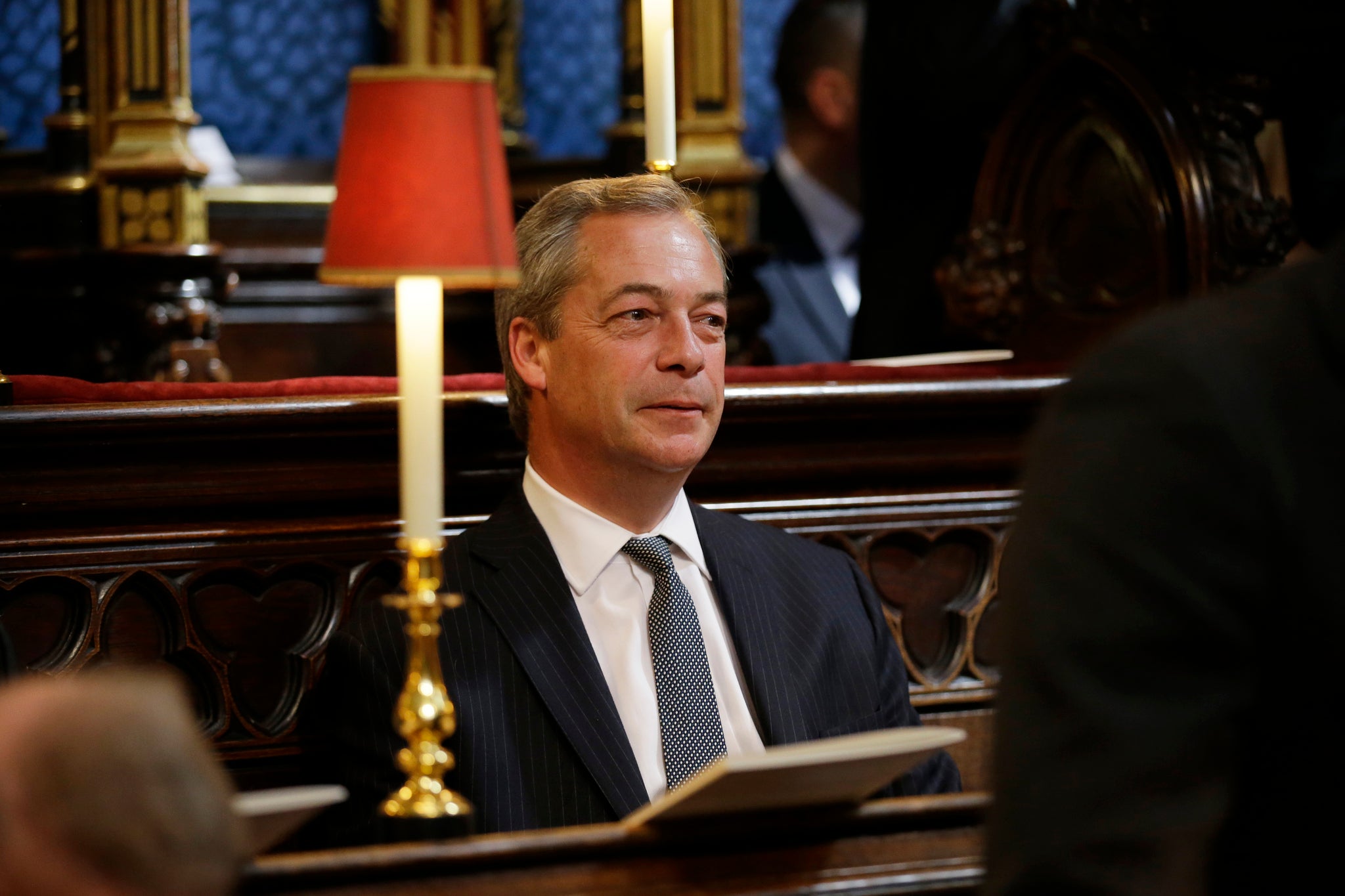These are the places that Ukip will target in the next five years
They increased their vote share dramatically across the country

Ukip has released a statement detailing the areas of the UK that they intend to target over the next five years.
Despite getting 12.6 per cent of the national vote, more than the SNP and the Liberal Democrats, the party won only one seat in Parliament - making Douglas Carswell, who defected from the Conservative party in August 2014, the party's sole MP.
Even leader Nigel Farage was comfortably beaten by the Conservatives in his targeted seat of South Thanet.
Farage has since resigned as party leader, but Ukip are staying hopeful.
Ukip came second in 120 constituencies, too close for comfort for the major parties. In some seats, Ukip is increasingly becoming the opposition to Labour and Conservatives in the north and south.
Today, the party released a statement of the areas that it intends to target to improve on its performance in the next general election, using voting data by political academic Matthew Goodwin.
Yorkshire
Ukip's vote share rose in Yorkshire by 13.8 per cent, by far the highest increase in vote share in the region. Labour came second with a 5.2 per cent rise, while Lib Dem support fell by 15.2 per cent.
In an interview with the BBC's Sunday Politics, Douglas Carswell said that Ukip could soon become the natural party of the north.
He said: "The disaffection people in Scotland clearly feel towards the Labour party doesn't stop at the border. It continues all the way down into the old Labour heartland."
Eastern England
Ukip saw their share of the vote go up by 12.2 per cent in the east, with the gap between them and Labour growing even larger - Labour's share rose by only 2.5 per cent in this region.
The Lib Dem share plummeted here as well, falling by 15.2 per cent when compared with the last election.
The eastern areas of Norfolk, Camridgeshire, Suffolk and Lincolnshire are fertile ground for Ukip, where many people feel ignored by politicians in Westminster.
The region encompasses Clacton, Ukip's only parliamentary seat, so they will be hoping to build more support here over the course of the next parliament.
East Midlands
Ukip got 12.4 per cent more of the vote share in this election than they did in 2010, and has Ukip politicians representing it already.
Roger Helmer is an MEP for the East Midlands, and has held the post since he was first elected in 1999. He is also the Ukip spokesperson for energy and industry, despite denying the link between climate change and human activity.
Lib Dem vote share also fell catastrophically here, leaving Ukip ripe to make further gains in the coming years.
South-east
Ukip's share of the vote rose by 10.9 per cent in the south east at the election, showing that despite Farage's landmark loss in South Thanet, the party is still doing well in the region.
Many areas of the south east have failed to see the benefit of a growing economy, and social mobility and investment is low in some parts, offering a perfect environment for radical Ukip to campaign.
However, in one victory for the party since election day, Ukip now controls Thanet council, with a majority of 33 seats out of 56.
South-west
Ukip's vote share rose by 9.5 per cent in the south west, with the Conservatives, who's share rose by only 3.6 per cent, in a distant second place.
The party already has two MEPs for the region, Julia Reid and William Dartmouth.
As well as doing his duties in the European Parliament, Dartmouth is the 10th Earl of Dartmouth, and a hereditary peer.
London
It seems unlikely given the number of London seats that Labour won in the election, but Ukip's vote share in the capital went up by six per cent when compared with the last election.
This time, they came second place to Labour, who increased their vote share here by 7.6 per cent.
The party is popular in the outer boroughs of London, which are typically less urbanised and left-leaning than central London.
In pictures: The rise of Ukip
Show all 8Subscribe to Independent Premium to bookmark this article
Want to bookmark your favourite articles and stories to read or reference later? Start your Independent Premium subscription today.

Join our commenting forum
Join thought-provoking conversations, follow other Independent readers and see their replies